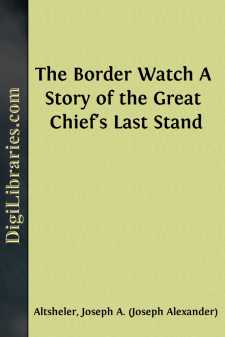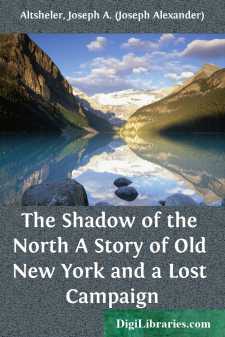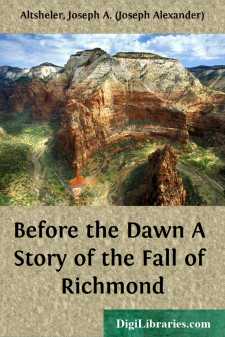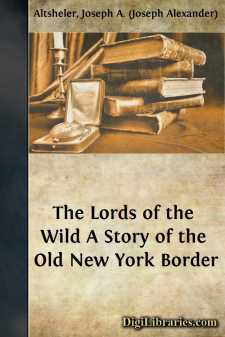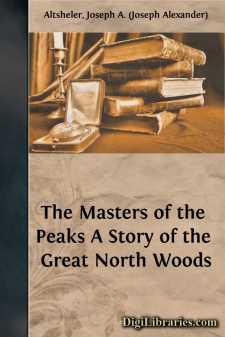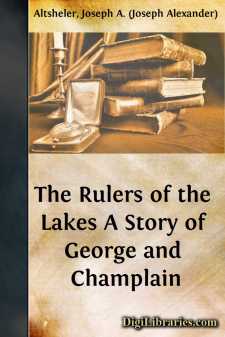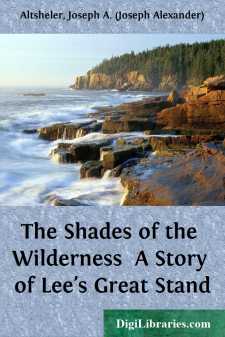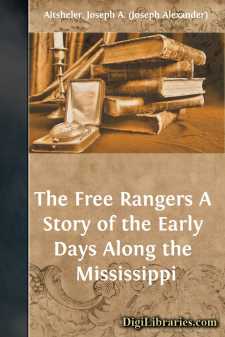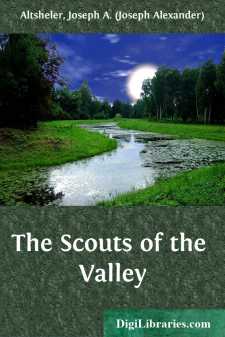Categories
- Antiques & Collectibles 13
- Architecture 36
- Art 48
- Bibles 22
- Biography & Autobiography 813
- Body, Mind & Spirit 142
- Business & Economics 28
- Children's Books 17
- Children's Fiction 14
- Computers 4
- Cooking 94
- Crafts & Hobbies 4
- Drama 346
- Education 46
- Family & Relationships 57
- Fiction 11829
- Games 19
- Gardening 17
- Health & Fitness 34
- History 1377
- House & Home 1
- Humor 147
- Juvenile Fiction 1873
- Juvenile Nonfiction 202
- Language Arts & Disciplines 88
- Law 16
- Literary Collections 686
- Literary Criticism 179
- Mathematics 13
- Medical 41
- Music 40
- Nature 179
- Non-Classifiable 1768
- Performing Arts 7
- Periodicals 1453
- Philosophy 64
- Photography 2
- Poetry 896
- Political Science 203
- Psychology 42
- Reference 154
- Religion 513
- Science 126
- Self-Help 84
- Social Science 81
- Sports & Recreation 34
- Study Aids 3
- Technology & Engineering 59
- Transportation 23
- Travel 463
- True Crime 29
Our website is made possible by displaying online advertisements to our visitors.
Please consider supporting us by disabling your ad blocker.
The Border Watch A Story of the Great Chief's Last Stand
Categories:
Description:
Excerpt
THE FRENCH AND INDIAN WAR SERIES
The Hunters of the Hills
The Rulers of the Lakes
The Lords of the Wild
The Shadow of the North
The Masters of the Peaks
The Sun of Quebec
THE YOUNG TRAILERS SERIES
The Young Trailers
The Forest Runners
The Keepers of the Trail
The Eyes of the Woods
The Free Rangers
The Riflemen of the Ohio
The Scouts of the Valley
The Border Watch
THE TEXAN SERIES
The Texan Scouts
The Texan Star
The Texan Triumph
THE CIVIL WAR SERIES
The Guns of Bull Run
The Guns of Shiloh
The Scouts of Stonewall
The Sword of Antietam
The Star of Gettysburg
The Rock of Chickamauga
The Shades of the Wilderness
The Tree of Appomattox
THE GREAT WEST SERIES
The Lost Hunters
The Great Sioux Trail
THE WORLD WAR SERIES
The Forest of Swords
The Guns of Europe
The Hosts of the Air
BOOKS NOT IN SERIES
Apache Gold
The Quest of the Four
The Last of the Chiefs
In Circling Camps
The Last Rebel
A Soldier of Manhattan
The Sun of Saratoga
A Herald of the West
The Wilderness Road
My Captive
The Candidate
"He saw two warriors, and he lay in the bush while they passed only twenty yards away." []
The
BORDER WATCH
BY
JOSEPH A. ALTSHELER
AUTHOR OF
"THE YOUNG TRAILERS," "THE FREE RANGERS,"
"THE SCOUTS OF THE VALLEY," ETC.
D. APPLETON-CENTURY COMPANY
INCORPORATED
NEW YORK LONDON
1941
Copyright, 1912, by
D. APPLETON AND COMPANY
Printed in the United States of America
PREFACE
"The Border Watch" closes the series which began with "The Young Trailers," and which was continued successively in "The Forest Runners," "The Keepers of the Trail," "The Eyes of the Woods," "The Free Rangers," "The Riflemen of the Ohio," and "The Scouts of the Valley." All the eight volumes deal with the fortunes and adventures of two boys, Henry Ware and Paul Cotter, and their friends Shif'less Sol Hyde, Silent Tom Ross and Long Jim Hart, in the early days of Kentucky. The action moves over a wide area, from New Orleans in the South to Lake Superior in the North, and from the Great Plains in the West to the land of the Iroquois in the East.
It has been the aim of the author to present a picture of frontier life, and to show the immense hardships and dangers endured by our people, as they passed through the wilderness from ocean to ocean. So much of it occurred in the shadow of the forest, and so much more of it was taken as a matter of course that we, their descendants, are likely to forget the magnitude of their achievement. The conquest of the North American continent at a vast expense of life and suffering is in reality one of the world's great epics.
The author has sought to verify every statement that touches upon historical events. He has read or examined nearly all the books and pamphlets and many of the magazine articles formerly in the Astor and Lenox, now in the New York Public Library, dealing with Indian wars and customs. In numerous cases, narratives written by observers and participants have been available. He believes that all the border battles are described correctly, and the Indian songs, dances and customs are taken from the relations of witnesses.
But the great mass of material dealing with the frontier furnishes another striking illustration of the old saying that truth is stranger than fiction. No Indian story has ever told of danger and escape more marvelous than those that happened hundreds of times. The Indian character, as revealed in numerous accounts, is also a complex and interesting study. The same Indian was capable of noble actions and of unparalleled cruelty. As a forest warrior he has never been excelled. In the woods, fighting according to his ancient methods, he was the equal alike of Frenchman, Englishman and American, and often their superior. Many of the Indian chiefs were great men. They had the minds of statesmen and generals, and they prolonged, for generations, a fight that was doomed, from the beginning.
We lost more people in our Indian wars than in all the others combined, except the Civil War....


